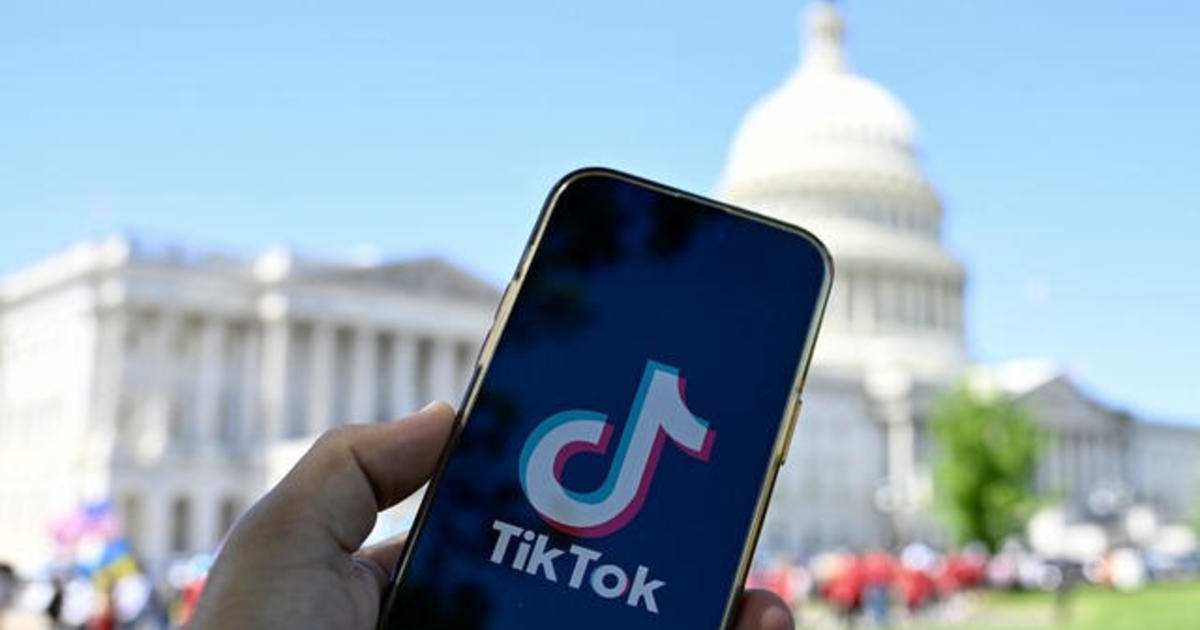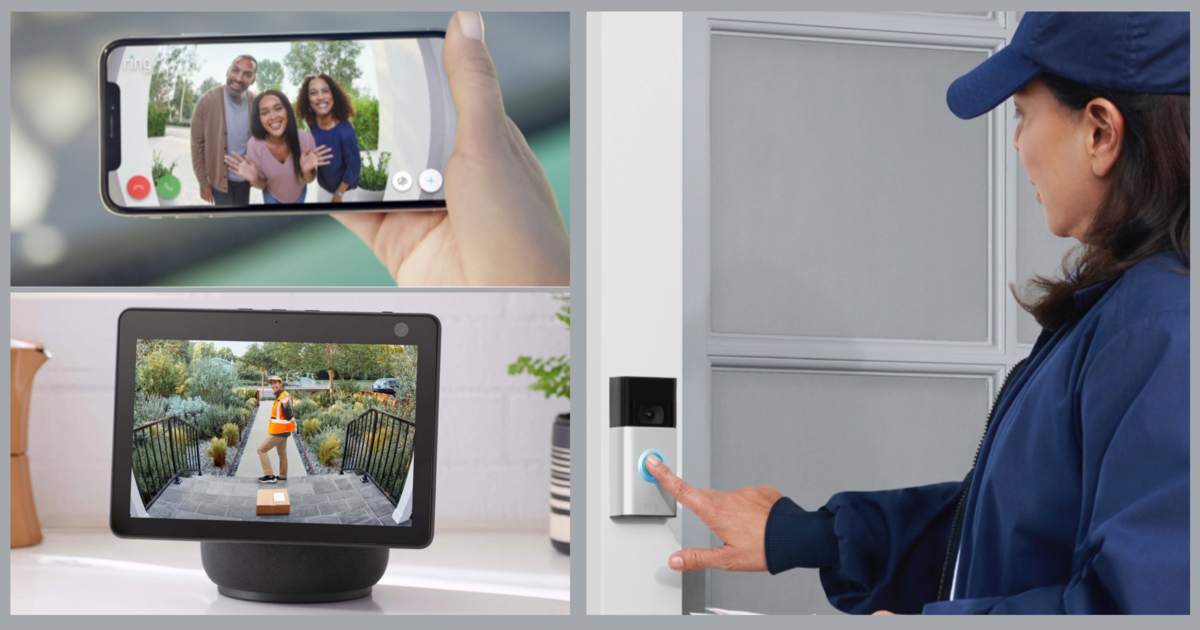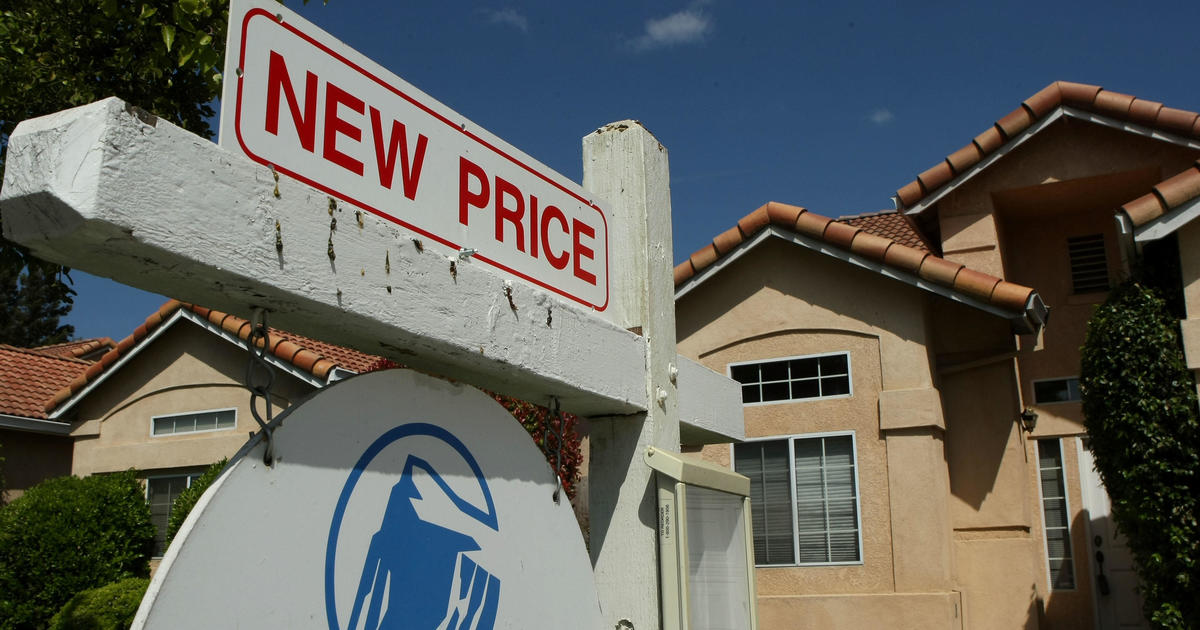The IRS wants your selfie. ID.me CEO says don't worry about it.
ID.me, the verification service that most U.S. states turned to during the pandemic to confirm the identity of people applying for unemployment aid, attracted public scrutiny this month when it was revealed that the Internal Revenue Service would start requiring anyone wanting to check their tax information online to register for an account with the private company.
The IRS move has sparked outrage among civil liberties advocates and ordinary taxpayers over concerns that the system — which requires users to upload their ID and submit a selfie or video chat with an agent — could expose troves of personal information to hackers. Some lawmakers also expressed reservations, with Senator Ron Wyden of Oregon saying he is "very disturbed" by the IRS' plan. The agency is paying $86 million on the contract.
Blake Hall, ID.me's founder and CEO, sees it differently. In an interview with CBS MoneyWatch, he described the company's verification technology as both more inclusive than other identification options — many of which won't verify anyone who lacks a credit report, for instance — and more secure.
"What we're doing is simply the digital equivalent of what every American does to open up a bank account," Hall said.
In Hall's view, the IRS is under assault from burgeoning criminal gangs. ID.me has already stopped would-be fraud in "tens of thousands" of cases, he said.
Over a Zoom interview, Hall shared images of several would-be fraudsters who he said tried to fool ID.me by wearing a mask to take a selfie. "If that check didn't exist, those people would have become victims of identity theft," Hall said.
Hall said that just 10% of the people who sign up with ID.me can't complete the company's selfie process and need to move on to verify their identity with a video agent.
"No alternative route"
However, with 70 million Americans already signed up with the system, even 10% can add up to a lot. State officials have documented complaints of people being unable to prove their identity and being wrongly cut off from benefits. A report from Community Legal Services of Philadelphia called the process "extremely difficult and tedious to complete."
Several people reached out to CBS MoneyWatch to describe being caught in limbo after they were unable to verify themselves on ID.me.
Arizona resident Michelle Ludlow said she tried to get a new driver's license last summer at the height of the pandemic. Because government offices were closed for in-person business, Ludlow tried verifying herself online with ID.me — trying for half an hour, over several days, with and without glasses. But the system wouldn't recognize her face as the one on her license, she said.
"There was no alternative route to go if ID.me couldn't make a match with a selfie," she said in an email.
Ludlow said she was never able to order a replacement ID, but plans to try again this summer — in person.
Ludlow works in a tax-preparation office and is concerned the selfie step will make it impossible for some of her clients to access their IRS records.
"Some of our clients have trouble sending us documents via email, so I can only imagine their frustration at the new system — especially if it doesn't work," she said.
Mandatory arbitration
Critics of ID.me also question the wisdom of having a private company that isn't subject to open-records laws be the gatekeeper for Americans' access to vital government services. They point out that ID.me is required to keep users' data for seven years — even when a person asks for its deletion — to comply with government requirements.
Users who sign up for ID.me also have to agree to a mandatory arbitration provision, giving up their right to sue the company in court or join a class-action lawsuit if, for instance, their identity is stolen.
To this, Hall said that Americans could access government services without going online. For instance, taxpayers can request their IRS records and wage transcripts by calling the agency — assuming they're in the 1 in 4 callers who can get through.
"There are alternative ways to interact with virtually every federal agency that we support," he said.
"We've never been in favor of being the only way to get in," he continued. One day, he suggested, online identity verification will be much like credit cards, with several options users can choose from.
"It should be more like Visa and banking," he said of the emerging industry and its technology. "As long as you can meet the standards, folks should be able to pick who they want their login provider to be."



